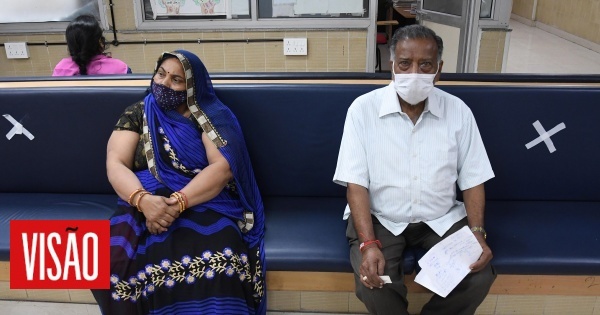
The country has slowed the progression of the disease in recent months, reaching the highest number of infections in mid-September 2020, with 97,894 infections occurring in a single day.
Despite this, India has experienced an increase in infections in recent times, particularly in the state of Maharashtra (West), accounting for almost half of the infections in the country, with over 6,000 cases in the last 24 hours alone.
Since the onset of the epidemic, India has accounted for more than 11 million cases of Kovid-19 (11,124,527), with the United States remaining as the second, behind more infections.
India is the fourth country in the world after the United States, Brazil and Mexico, according to an independent census by Johns Hopkins University (USA), with a total of 157,248 deaths.
There are currently 168,358 active cases of the disease in the country.
According to the Indian Ministry of Health, India started a vaccination campaign on 16 January, in which more than 14.8 million people (14,854,136) have been vaccinated so far.
The Indian government aims to immunize around 300 million people by July in the first phase of the vaccination campaign, in a country with 1.3 billion inhabitants, but according to the local press, the plan has been somewhat delayed.
According to a report made by the French agency AFP, the Kovid-19 epidemic caused at least 2,531,448 deaths worldwide, with more than 114 million cases of infection.
The disease has been detected by a new coronavirus in late December 2019 in Wuhan, a city in central China.
PTA // JMC


